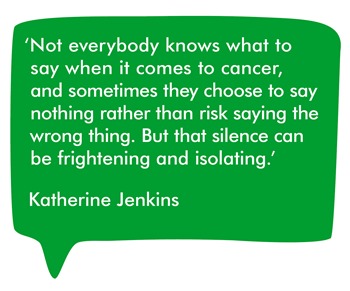To see what else Macmillan's cancer information team has been blogging about, please visit our blog home page! You can subscribe to receive our blogs by email or RSS too.
Around 16% of adults in England, or 5.2 million, can be described as "functionally illiterate". They would not pass an English GCSE and have literacy levels at or below those expected of an 11-year-old.
- National Literacy Trust, 2014
…



